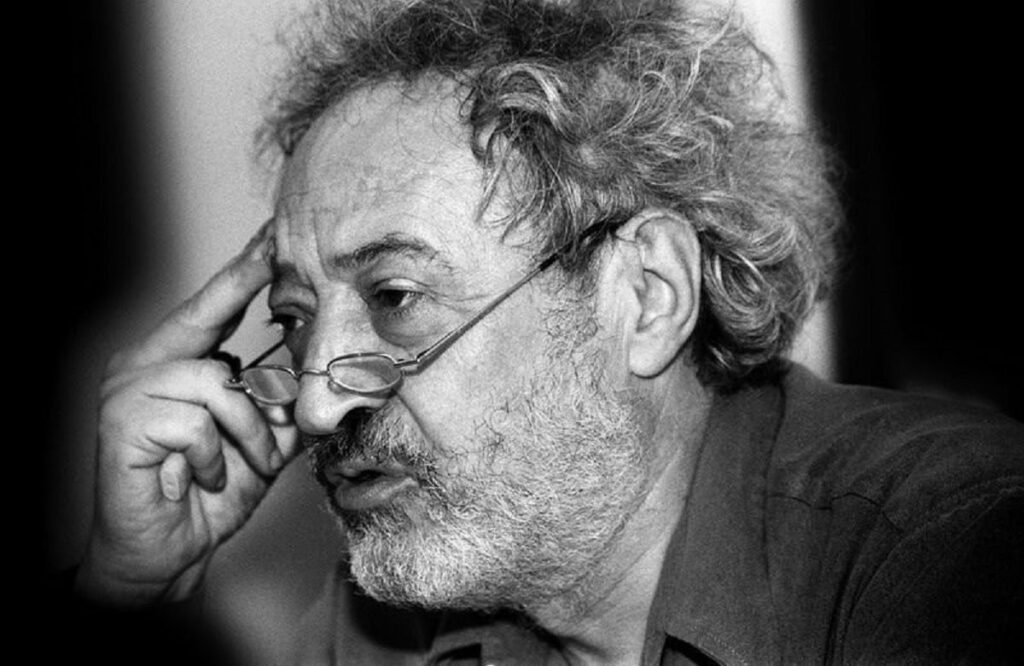Andrei Orlov is an acclaimed writer who has actively influenced the development of Kazakhstan’s literature through the creation of a community of writers and the organization of cultural events. In this interview, he offers his perspective of how the art of the written word shapes a nation’s cultural heritage and stimulates the development of its literary scene. How do you view the contemporary Kazakhstani literary scene? What changes and trends have been noticeable in recent years? I've been in the industry for seven years and have witnessed a lot of changes. Many authors have finally realized that their craft is not limited to printed books and are slowly moving online and exploring specialized digital products. The stereotypical view that samizdat is bad has almost been erased. Conservative writers are still of the opinion that if they want to publish, they should only do so under the auspices of a publishing house. But in our country where supply does not meet demand, samizdat offers an excellent means of embarking on your creative path. I know many authors who have self-published and then, after the first or even third book, received offers from publishing houses. Literature is changing in general. More and more people are writing about things they really care about and understand. For example, over the last 3-4 years, business literature has significantly increased; something I consider a great achievement for the country. What are the main challenges facing Kazakhstani writers today? The challenge is not to die! But jesting aside, there are many difficulties faced by contemporary authors. As I said, there are now far fewer publishing houses in the country, which means that authors must do everything themselves: writing, editing, design, illustration, layout, presentation, promotion. Some tasks are obviously passed to specialists, but these are all issues which many authors are ill-equipped to resolve. We also want our books to provide income or at least, recoup costs. Unfortunately, that rarely happens especially the first-time round. And here we come back to the problem about which I talk non-stop: a writer must treat his project (book) like a business. Otherwise, things are hard. People in Kazakhstan are still unused to reading their writers. It was a similar case with music, when earlier on, there was prejudice against domestic music producers. But once they proved their quality and, in a sense, turned the whole market upside down, listeners began to engage. The same thing should happen with literature. Does the Kazakhstani writing environment reflect contemporary social, cultural and political changes in the country? No, rather than yes. Few authors write on such topics. They are a hundred percent afraid to write about politics. Only a few can afford to do so. I recently published a collection of poetry and under the auspices of our club, organized a contest and selected works. A series of poems on a political theme was submitted. Devoid of any harsh criticism, it was more akin to satire. Our editors, however, were afraid...




